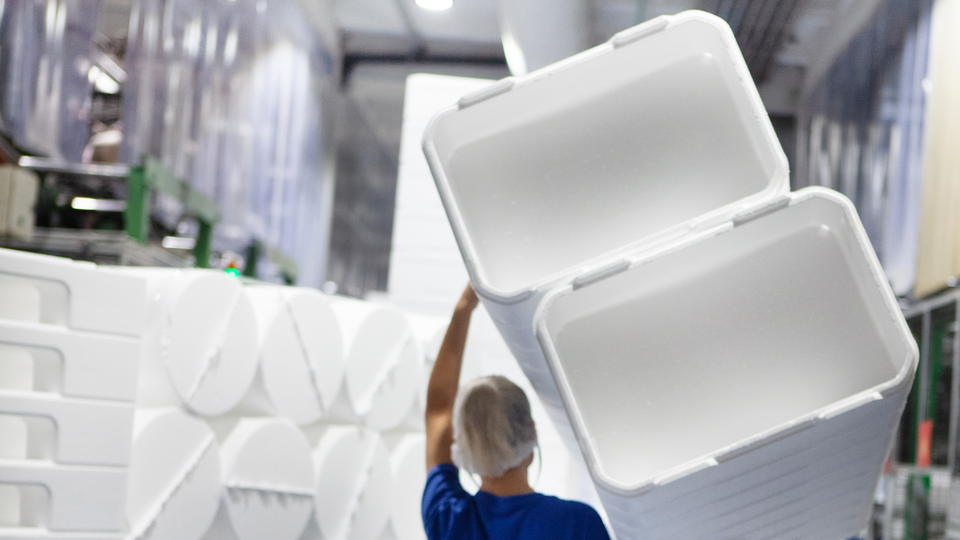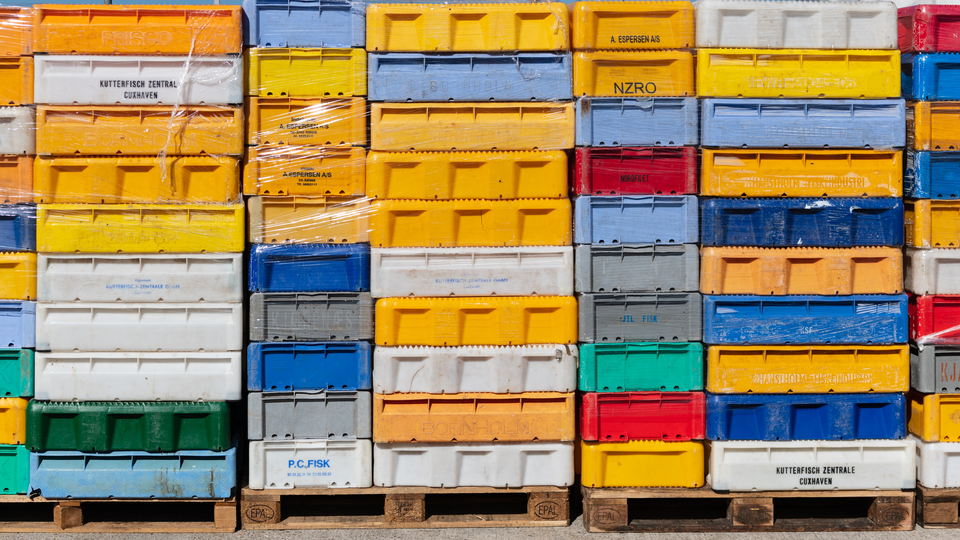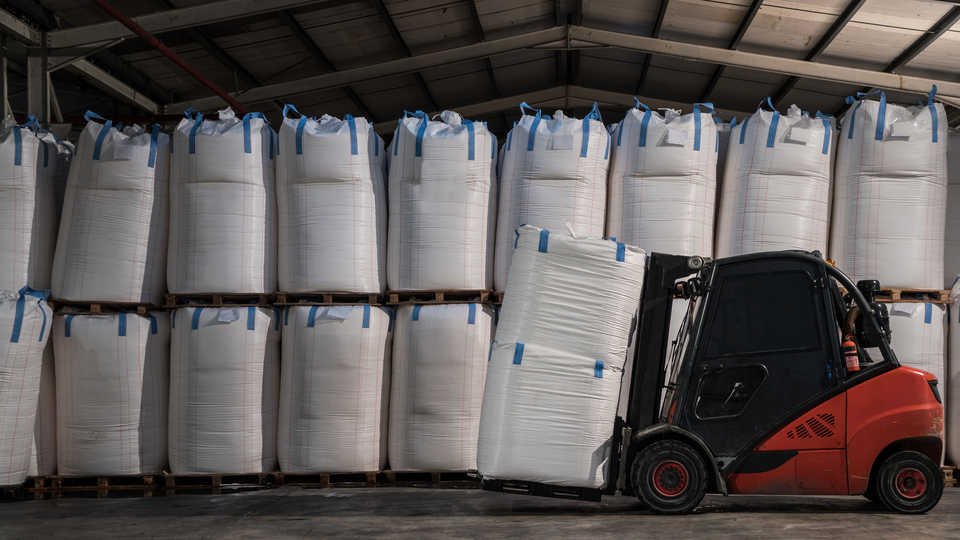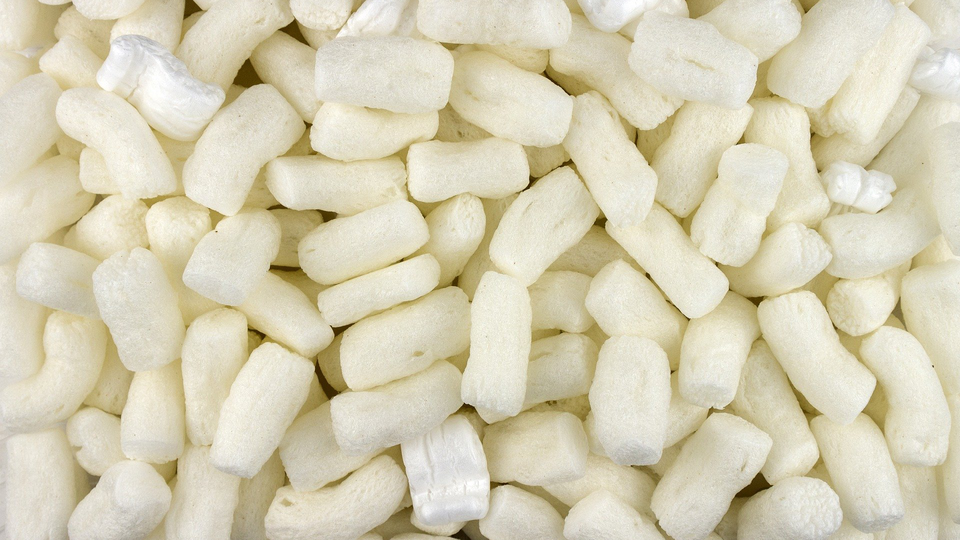Closing the loop of industrial plastic
Swedish industry uses large amounts of plastic packaging, and most are incinerated after one single use. This project develops solutions to closing the loops. In this way, you can achieve both economic and environmental benefits.
Photo: BEWI
Both the environment and the economy benefit from better recycling of plastic waste from industrial packaging
In Sweden, hundreds of thousands of tonnes of plastic packaging are sold every year, much of which becomes waste after a very short lifespan. Only about 16 percent of the plastic packaging waste is recycled into new material.
Closing the loop of industrial plastics is a project that aims to increase the circular use of materials from industrial plastic packaging. These materials are often more homogeneous and less contaminated than those from households, and therefore more suitable for recycling. But the systems that close these loops need to be improved.
If the recycling of plastic increases, less fossil feedstock and fuel need to be used – this reduces the greenhouse gas emissions affecting the climate.
Purpose

Photo: BEWI (also the top image)
Purpose of the project
The purpose of the project is to close the loop for plastic packaging in the Swedish industry by increased recycling. The project operates from a systemic approach as the entire system must be renewed.
The project develops technologies and business models to close the loop for three types of industrial plastic packaging, assesses how sustainable the solutions are and proposes improvements in the policy area.
The work takes place within the framework of Vinnova's program Challenge-driven innovation step 2. The plan is to scale up and increase the solutions in a possible step 3.
Areas of work

Four areas of work
The project takes a systems perspective and therefore works in several areas:
- Pilot development – to scale up recycling techniques
- Sustainability assessment – to be able to quantify sustainability aspects of the recycled plastic
- Business development – to clarify the economic value of recycled plastic material
- Policy issues – to influence regulations and legislation
Case studies

Three case studies
Three case studies will be conducted. They apply to:
- Big bags that hold between 0.25 and 3 cubic meters and are used for everything from grain to chemicals
- Packaging of EPS (expanded polystyrene, sometimes called styrofoam)
- Plastic film used in the industrial and construction sectors and others
Facts and contact

Facts and contact
Project name: Closing the loop of industrial plastics
Project period: February 2021 to June 2023
Budget: SEK 8 million from Vinnova plus SEK 8 million in industrial funds from the partner companies
Partners: IVL Swedish Environmental Research Institute (project coordinator), Accon Greentech, Alfapac, Barry Callebaut, BEWI, BEWI Circular, EPS Sverige (a group within IKEM, Innovation and Chemical Industries in Sweden), Lantmännen Cerealia, Martin & Servera, Novoplast, Prysmian Group, Reviva Plastics, Samhall, Stora Enso, Sundolitt, Swedish Environmental Protection Agency, T-Emballage, Uppsala Vatten och Avfall.
Contact: Project Manager Alexandra Almasi, IVL Swedish Environmental Research Institute
